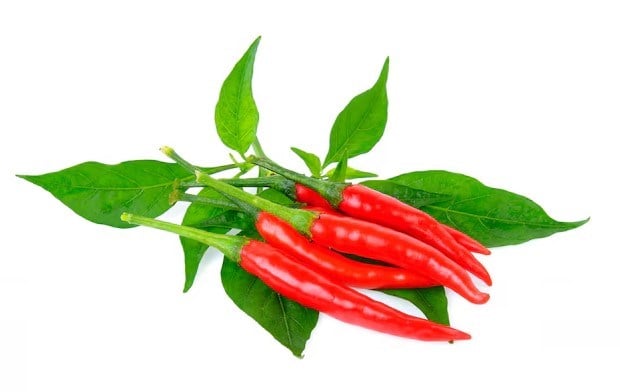
Accordingly, chili leaves are known as a remedy to support the treatment of some diseases. With antibacterial, anti-inflammatory and immune-boosting properties, chili leaves can help improve health quickly.
However, there are some subjects that experts at the health website Health note should not use chili leaves to avoid harming the body.
Pregnant and lactating women
Pregnant women need to be especially careful and should not use chili leaves. Chili leaves contain many strong compounds that can cause uterine contractions, leading to the risk of miscarriage or premature birth. Furthermore, the substances in chili leaves can affect the development of the fetus, causing unwanted complications.
For breastfeeding women, eating chili leaves can change the taste of breast milk, causing discomfort and refusal to breastfeed in infants. In addition, compounds from chili leaves can pass through breast milk, affecting the immature digestive system of infants and causing symptoms such as abdominal pain and diarrhea.
People with stomach pain and poor digestion
Chili leaves contain strong stimulants that can increase stomach acid. This is especially dangerous for people with stomach ulcers, duodenal ulcers or gastroesophageal reflux.
Consuming chili leaves can aggravate the symptoms of these diseases, causing burning pain, nausea and indigestion.
In addition to affecting the stomach, chili leaves can also irritate the intestinal lining, leading to inflammation and ulcers in the digestive tract. In particular, for people with irritable bowel syndrome (IBS) or Crohn's disease, eating chili leaves can increase symptoms such as abdominal pain, diarrhea, and intestinal cramps.
People with allergies
Some people with allergies may react to the ingredients in chili leaves. Allergic symptoms may include itching, rash, difficulty breathing, and swelling. In severe cases, it can lead to anaphylactic shock and can be dangerous without prompt medical intervention.
People with a history of allergies to other foods should also be cautious when consuming chili leaves. Interactions between allergens can lead to complex and unpredictable reactions, increasing the risk of a serious allergic reaction.
People with liver and kidney disease
The liver is the organ responsible for metabolizing and eliminating toxins from the body. Consuming chili leaves can increase the burden on the liver, especially for people who already have liver problems such as hepatitis, cirrhosis or fatty liver. Compounds in chili leaves can damage liver cells, worsening the condition.
Similar to the liver, the kidneys are also an important part of the body in filtering and removing toxins from the body. People with chronic kidney disease or kidney failure should avoid consuming chili leaves, as the stimulants in chili leaves can impair kidney function, leading to more serious medical conditions.
Children
Children have immature and vulnerable digestive systems. Feeding children chili leaves can cause digestive problems such as stomachache, diarrhea, and vomiting. Moreover, children's immune systems are not fully developed, so consuming chili leaves can lead to unwanted side effects.
Children are also more susceptible than adults to poisoning when consuming inappropriate foods and medicinal herbs. The potent components in chili leaves can cause poisoning symptoms such as dizziness, nausea, and in more severe cases, can affect the central nervous system.
Source: https://laodong.vn/dinh-duong-am-thuc/nhung-nguoi-khong-nen-an-la-ot-gay-hai-den-suc-khoe-1364312.ldo















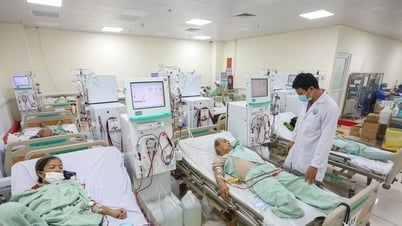
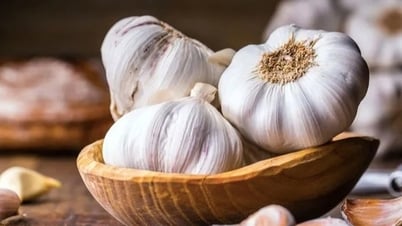
























































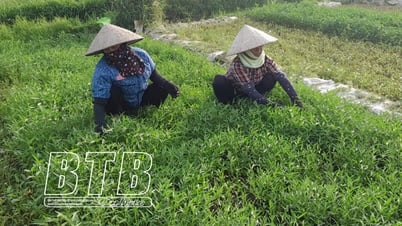




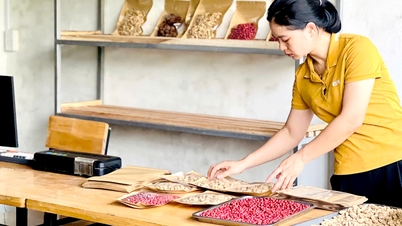













Comment (0)